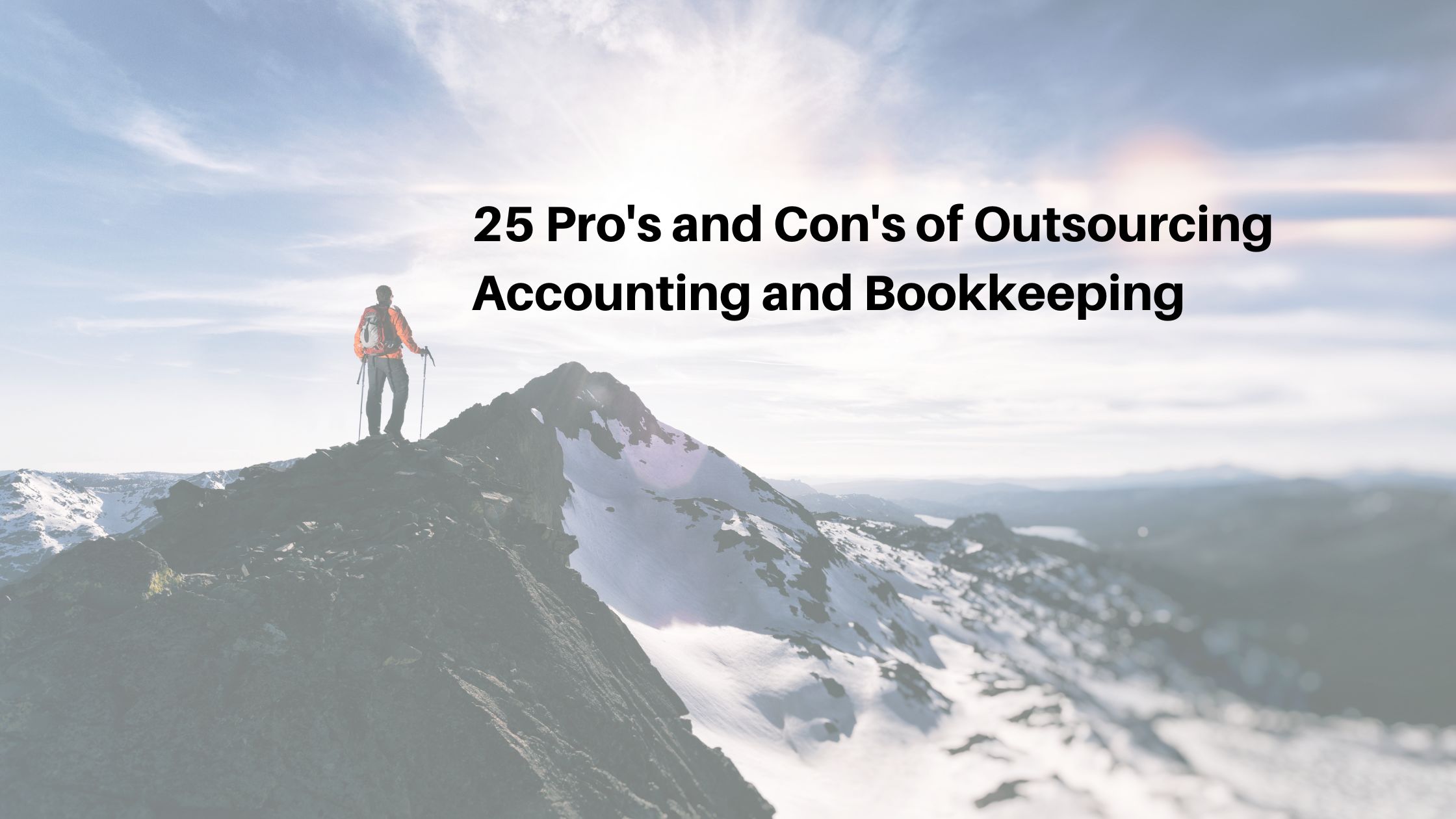How Monograph Project Accounting Optimizes Resource Allocation
Wiki Article
Exploring the Trick Attributes of Monograph Accountancy for Successful Accounting Professionals

Defining Monograph Accounting: A Comprehensive Overview
Monograph audit stands for a specific method within the broader area of economic reporting. This method stresses the thorough and methodical documents of monetary transactions and their effects. Unlike standard bookkeeping, Monograph accounting is usually customized to particular sectors or special circumstances, giving a concentrated framework for evaluation and reporting. It permits accountants to dive deeper right into particular locations, presenting a comprehensive sight that aligns carefully with organizational goals.A key function of Monograph accounting is its versatility; it can incorporate different audit requirements and techniques as needed. This versatility makes it possible for accountants to generate records that are not just accurate yet likewise appropriate to stakeholders. Moreover, the approach frequently includes substantial study and examination of economic information, making sure that every aspect is thoroughly understood and recorded. Therefore, Monograph audit acts as an important device for accounting professionals intending to give informative financial assessments tailored to particular contexts.
The Value of Clarity and Accuracy in Financial Reporting

Uncertain or unreliable coverage can lead to misdirected approaches, eroded depend on amongst capitalists, and regulatory examination. Accounting professionals need to focus on accuracy in their work, making sure that numbers are diligently validated and financial narratives are systematic. This not just fosters openness yet additionally enhances the overall credibility of the organization.
Ultimately, clarity and accuracy in monetary coverage are crucial for preserving stakeholder self-confidence and advertising lasting service growth. Accountants play a critical duty in supporting these standards, making their experience important in browsing the intricacies of monetary data.
Streamlining Decision-Making Procedures With Monograph Bookkeeping
Efficiency in decision-making procedures is substantially improved through the concepts of Monograph accountancy. By combining comprehensive economic data into a single, meaningful framework, accountants can quickly access essential info required for educated options. This method lowers the time invested in data access and interpretation, enabling a much more agile feedback to monetary situations.Additionally, Monograph bookkeeping emphasizes clear categorization and thoughtful company of monetary purchases, which reduces mistakes and miscommunication. When accounting professionals make use of these principles, they can present monetary insights in a structured fashion, helping with conversations among stakeholders.
Furthermore, the standardization integral in Monograph bookkeeping makes it possible for seamless comparisons throughout various periods or departments, additionally assisting in calculated preparation. This structured approach not only enhances the inner processes of bookkeeping specialists but likewise boosts the overall business agility, empowering companies to adapt to changing market problems promptly.
Key Benefits for Accounting Professionals and Their Customers
While taking on Monograph accounting may require a preliminary financial investment of time and sources, the lasting advantages for both accounting professionals and their customers are significant. This audit approach advertises boosted precision and openness, permitting accounting professionals to keep more clear economic documents. By settling details right into a single story, customers get much better insights into their financial health, facilitating informed decision-making.Essay bookkeeping fosters stronger customer relationships through boosted interaction. Accountants can present economic data in a more absorbable layout, making it simpler for clients to recognize intricate details. This quality not just develops trust yet additionally urges aggressive economic monitoring
Furthermore, the structured procedures linked with Monograph bookkeeping minimize the likelihood of errors, which can save both time and cash. Inevitably, the integration of this approach causes extra efficient operations, enabling accountants to give better service while encouraging clients with boosted economic understanding and control.
Practical Applications of Monograph Audit in Various Industries
In what ways can monograph accounting transform numerous sectors? By supplying a focused and detailed strategy to financial coverage, Monograph accountancy enhances clearness and precision across varied fields. In medical care, for example, it assists in the exact tracking of individual expenses and source allotment, inevitably boosting monetary management. The production field advantages from its organized evaluation of production prices, permitting much better rates methods and productivity evaluations.In the retail industry, Monograph accountancy aids in stock management and sales projecting, aiding companies optimize supply levels and decrease waste. In the nonprofit industry, it assists in transparent reporting of grant funding and resource application, fostering trust amongst stakeholders. Generally, Monograph accountancy's tailored approaches enable companies to achieve economic openness and operational performance, making it a vital tool across numerous sectors. Its versatility makes sure that companies can meet certain audit demands while maintaining compliance with laws.
Regularly Asked Concerns
What Software program Is Finest for Implementing Monograph Audit?
The ideal software program for executing Monograph bookkeeping includes copyright, Xero, and Sage. These platforms use extensive features customized for efficient tracking, reporting, and monitoring of financial information, facilitating streamlined audit procedures for experts.Exactly How Does Monograph Bookkeeping Differ From Conventional Bookkeeping Techniques?
Monograph audit concentrates on individual tasks or customers, stressing in-depth tracking and reporting for particular entities, while typical accounting accumulations data across all entities, prioritizing general financial health and wellness instead of project-specific insights and efficiency.What Prevail Difficulties Accounting Professionals Face With Monograph Accountancy?
Accounting professionals usually experience challenges with Monograph accountancy, consisting of intricacy in economic coverage, integration with existing systems, guaranteeing compliance with policies, adapting to special customer requirements, and taking care of the thorough documents needed for exact analyses.
Exist Details Regulations Governing Monograph Accounting Practices?
Yes, specific regulations frequently govern Monograph bookkeeping practices, including adherence to national accounting standards, conformity with Monograph Project Accounting tax obligation guidelines, and industry-specific standards. Accountants should stay educated to ensure their practices align with these developed structures.Exactly How Can Accountants Remain Updated on Monograph Accounting Trends?
Accountants can remain upgraded on Monograph accountancy fads by registering for market publications, attending pertinent workshops and meetings, joining expert organizations, and involving with on-line discussion forums devoted to accounting criteria and ideal methods. (Monograph Consultants)Monograph audit provides a distinct framework that boosts economic coverage for accountants. Unlike traditional accounting, Monograph audit is often customized to unique scenarios or certain markets, offering a focused framework for evaluation and coverage. A crucial feature of Monograph accountancy is its adaptability; it can include various accounting criteria and methods as needed. By providing a concentrated and extensive method to monetary reporting, Monograph accountancy boosts quality and precision across diverse markets. Yes, details regulations often control Monograph audit practices, consisting of adherence to nationwide bookkeeping standards, compliance with tax laws, and industry-specific guidelines.
Report this wiki page